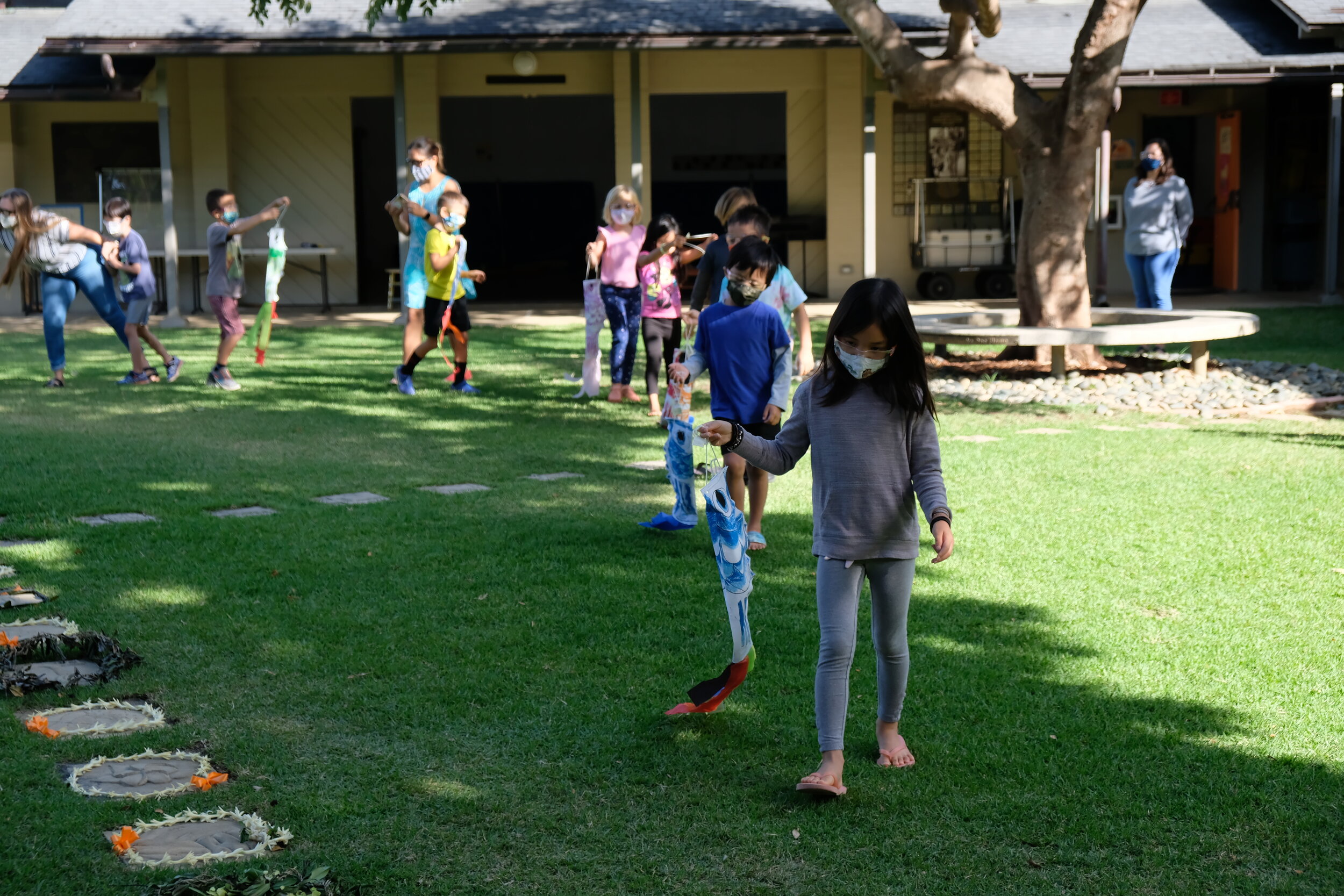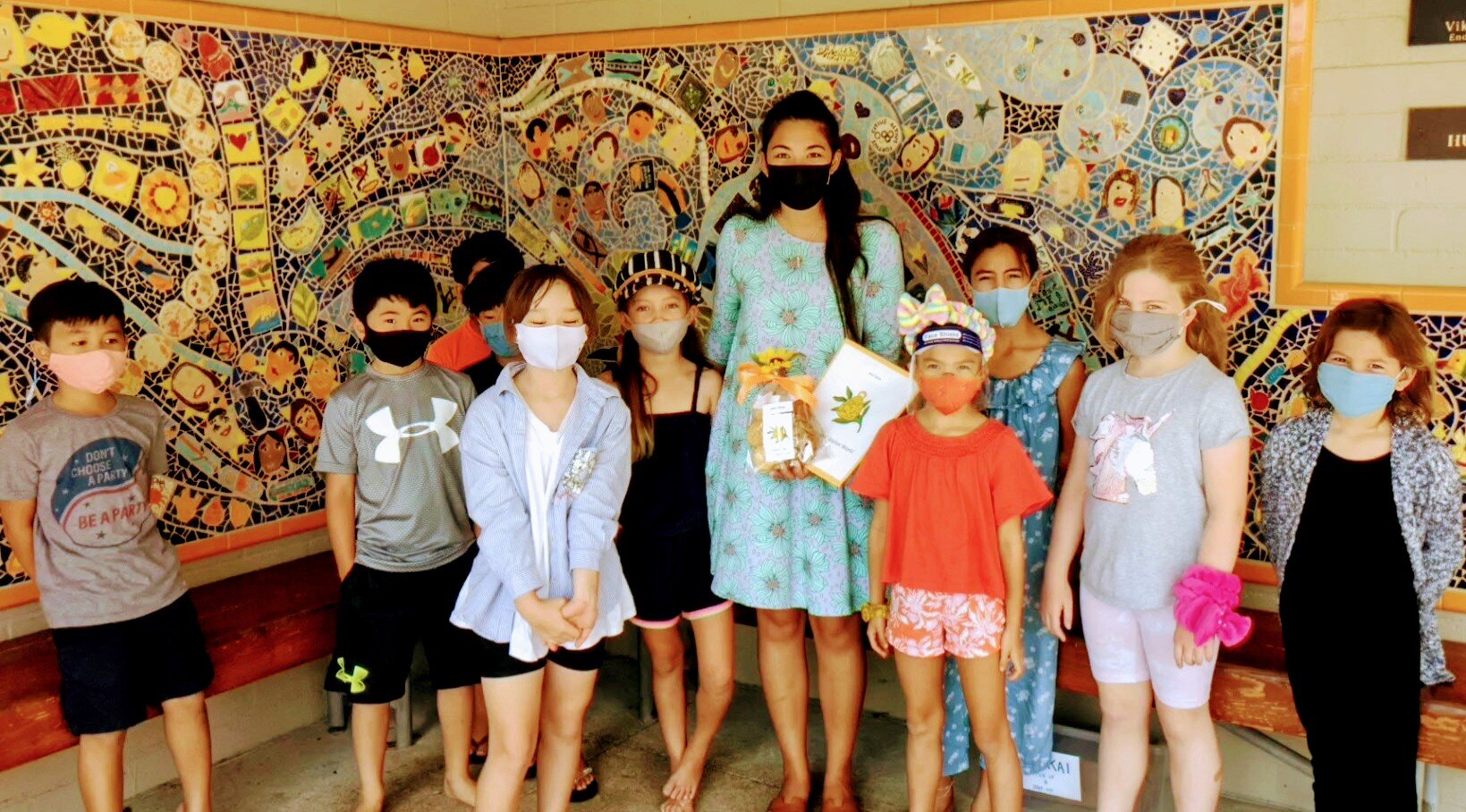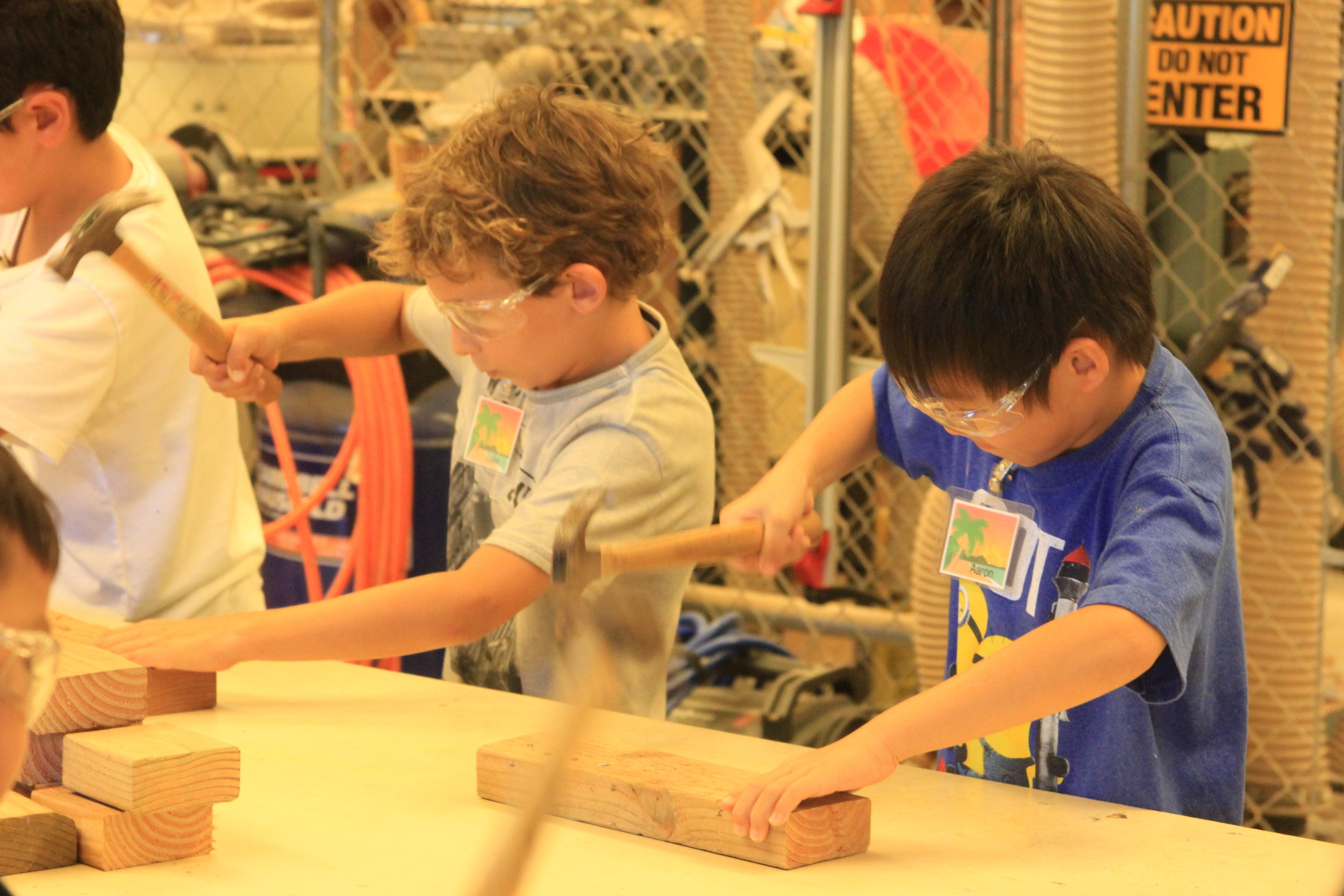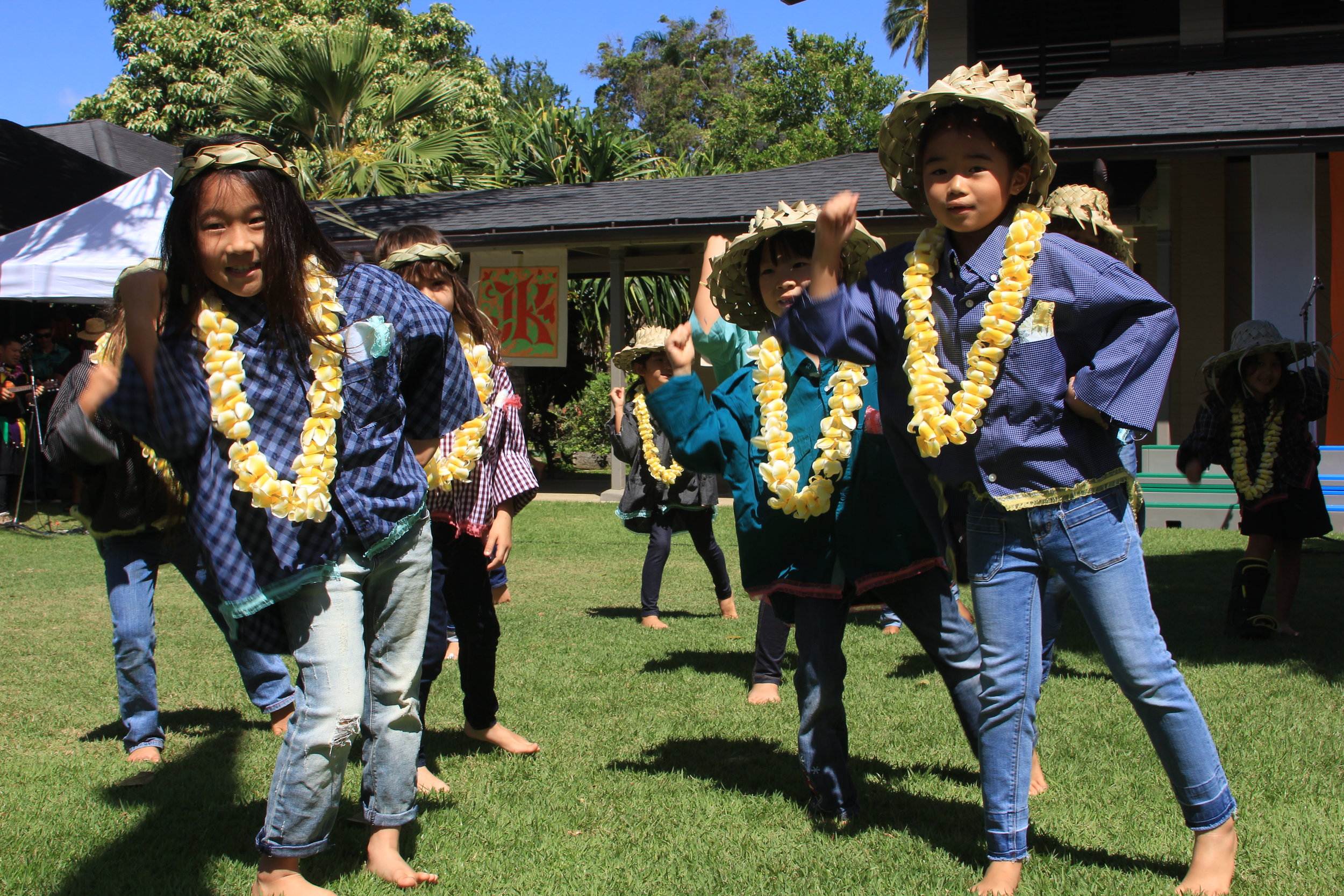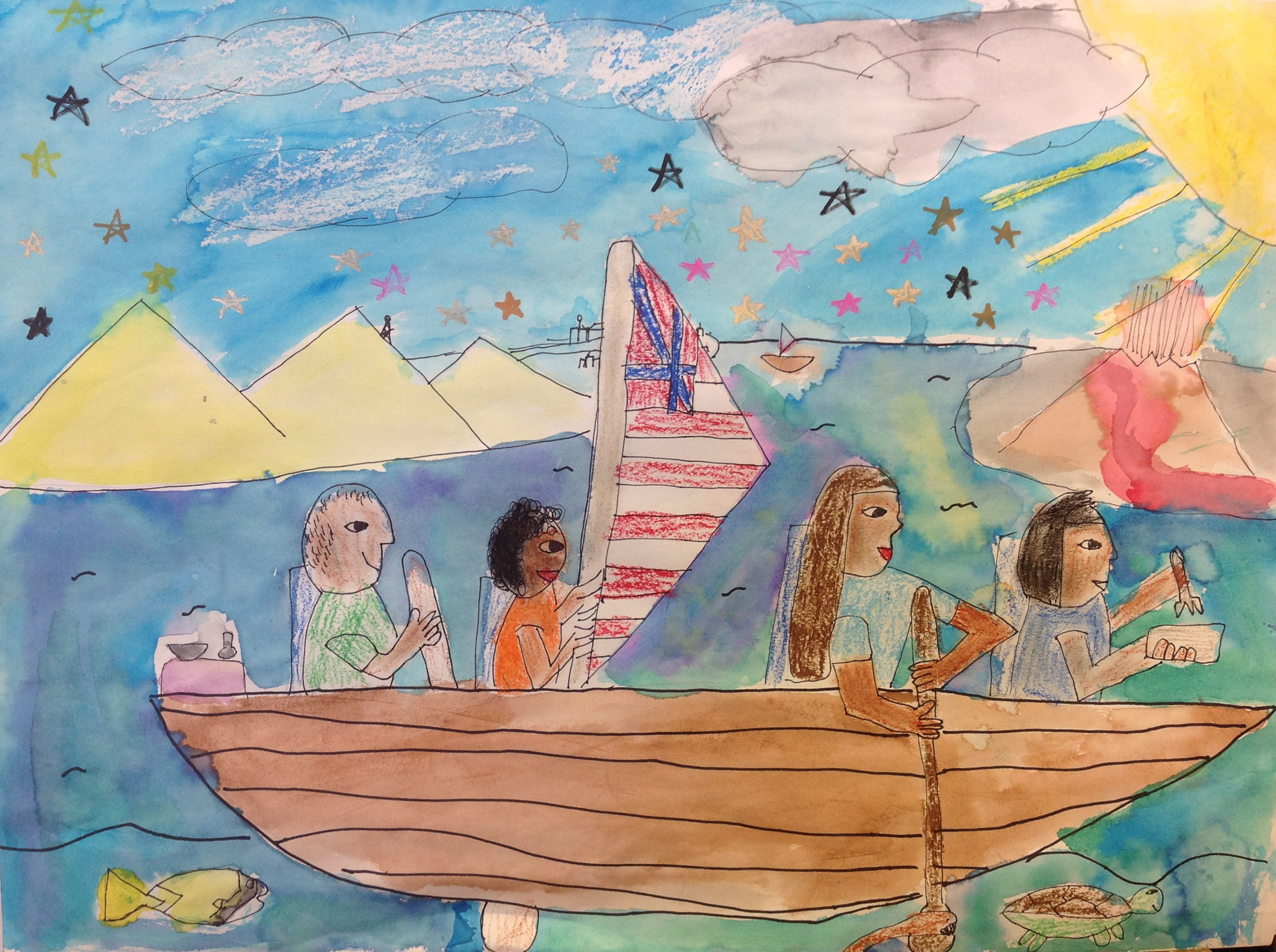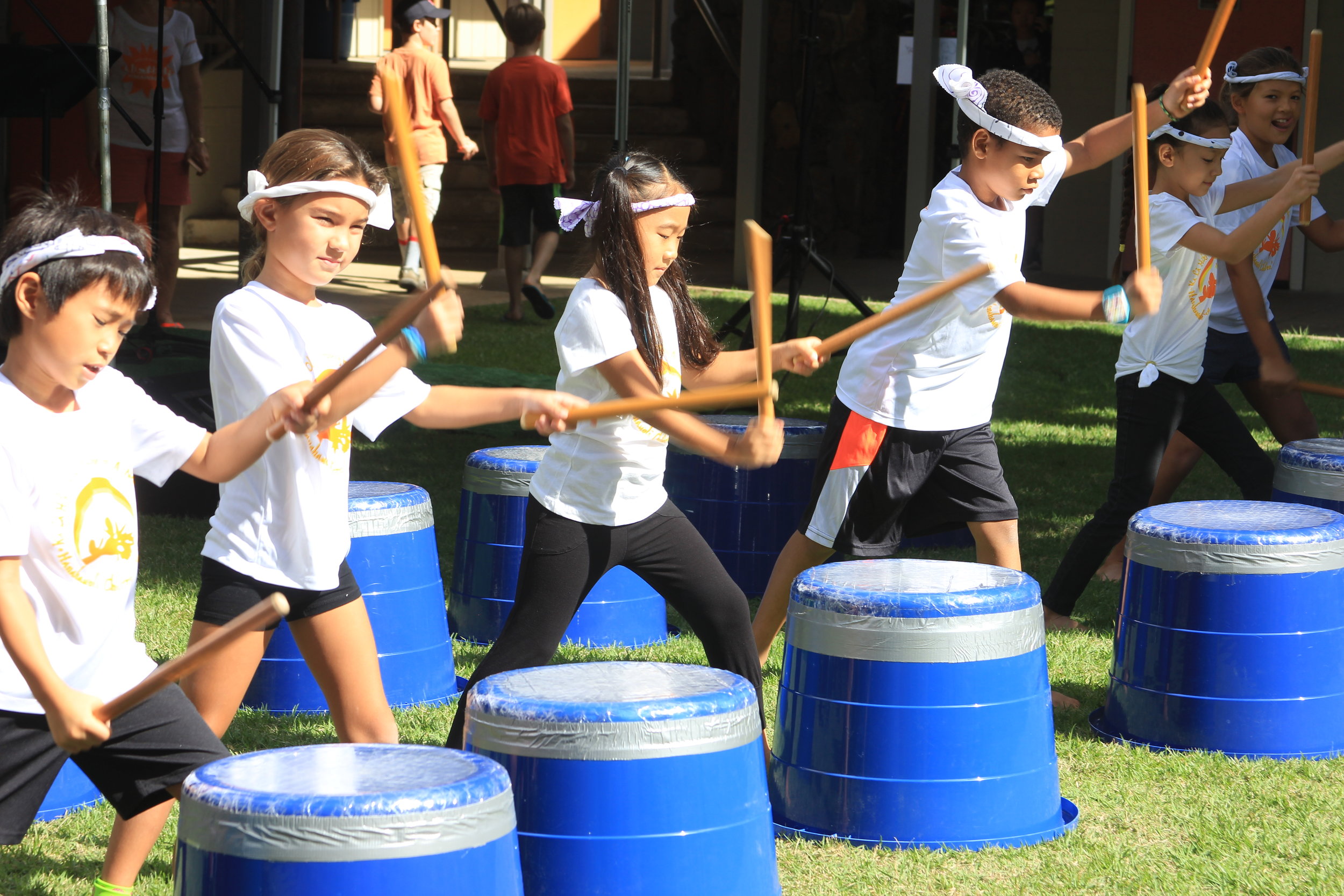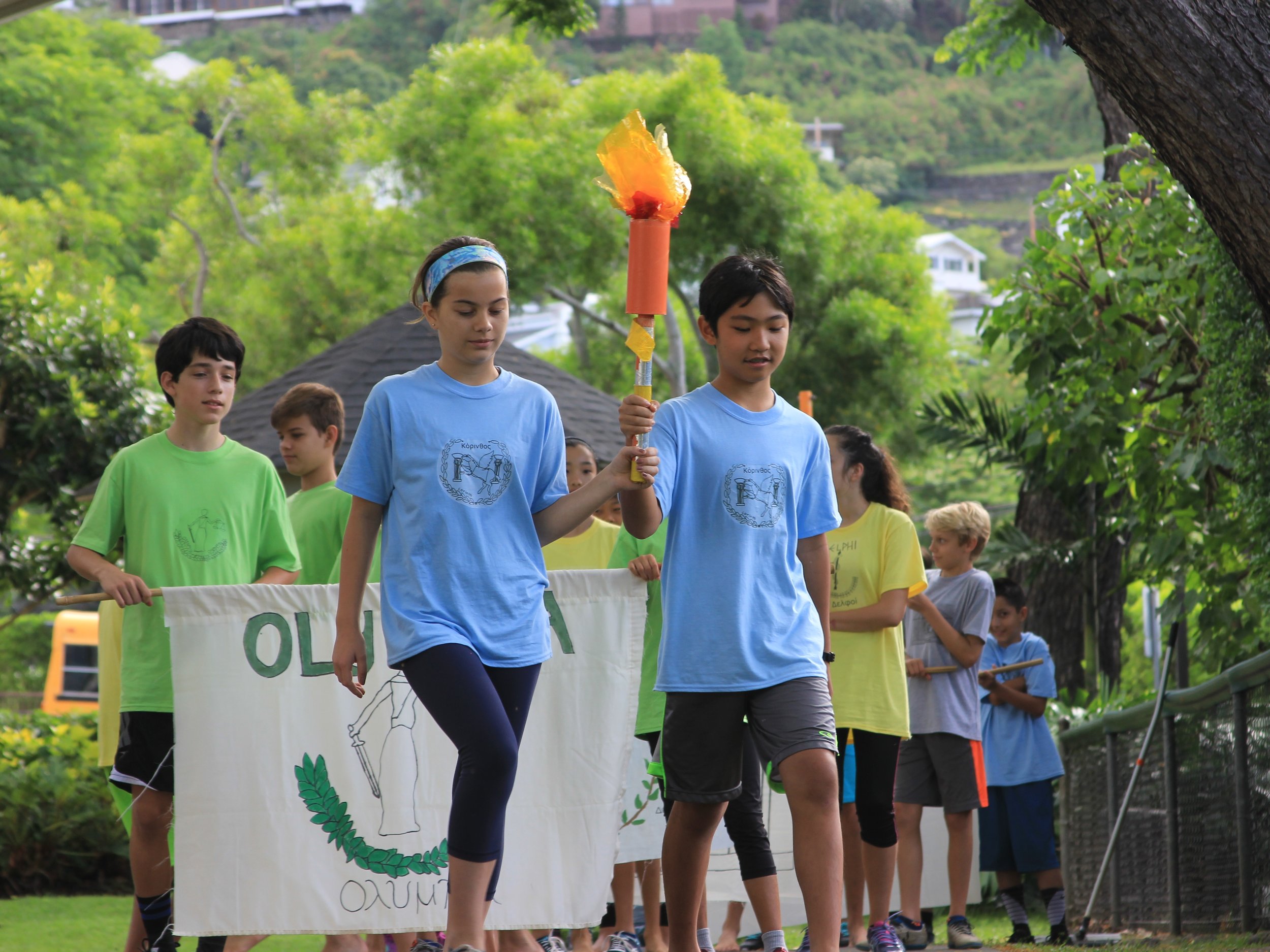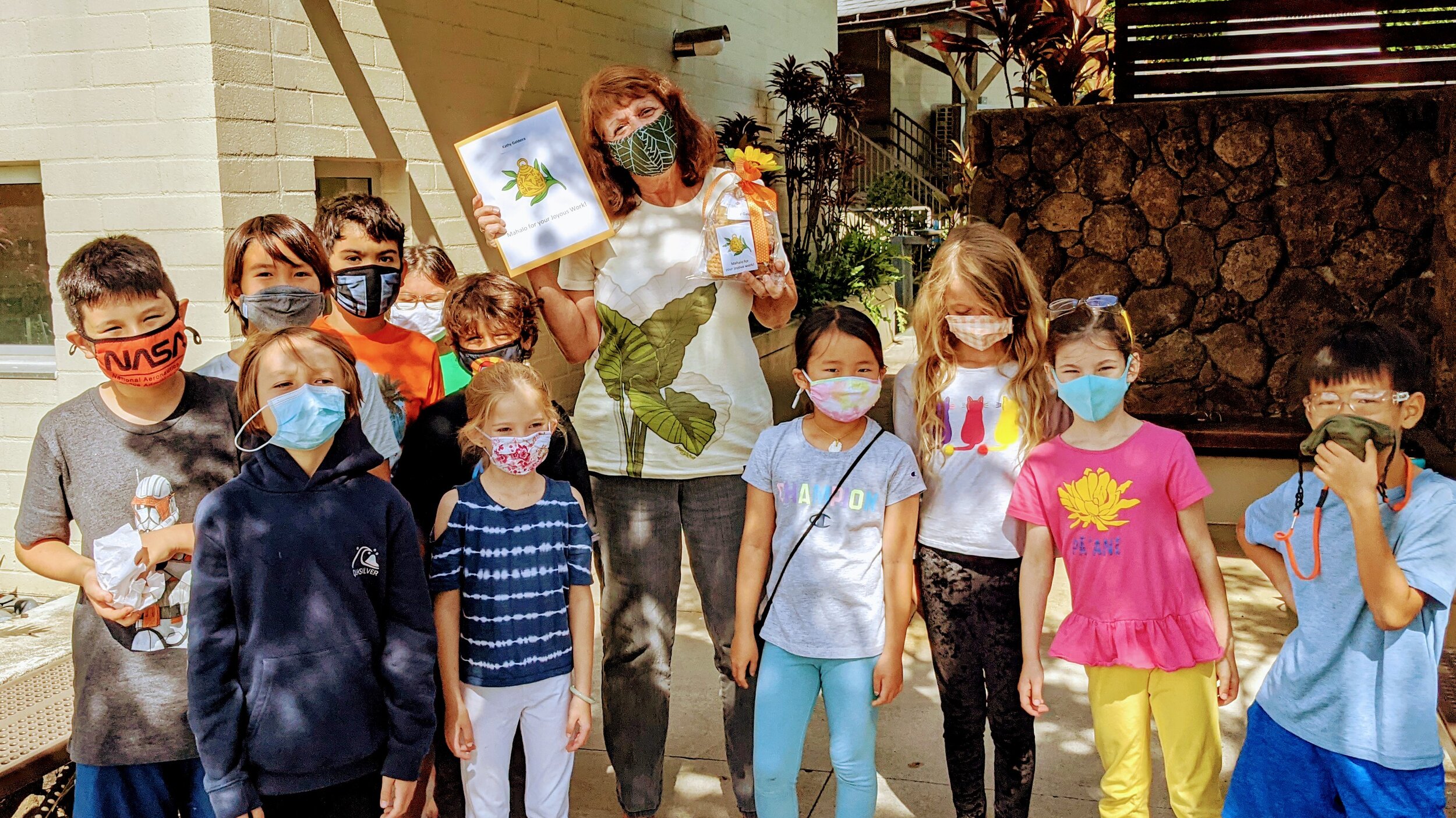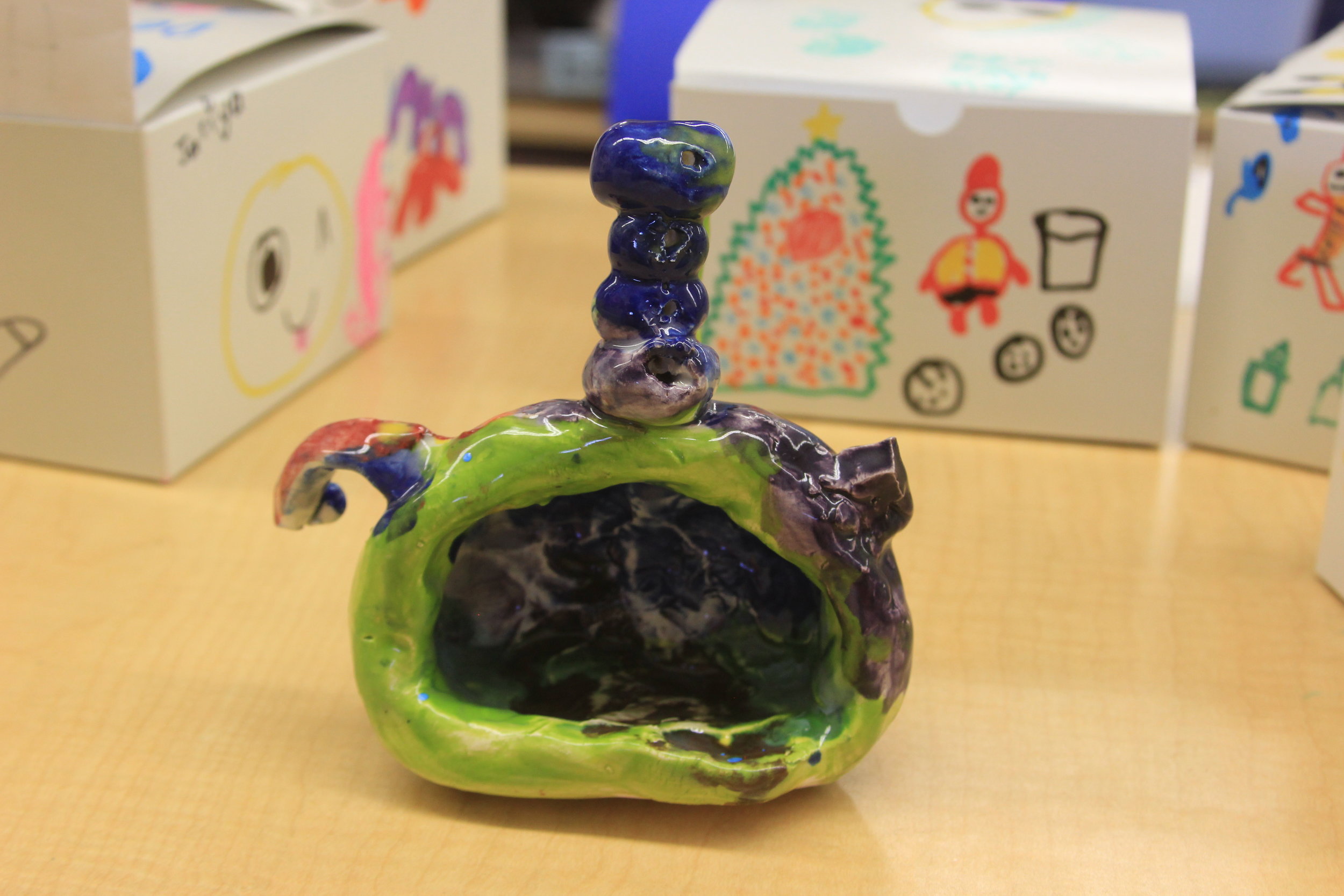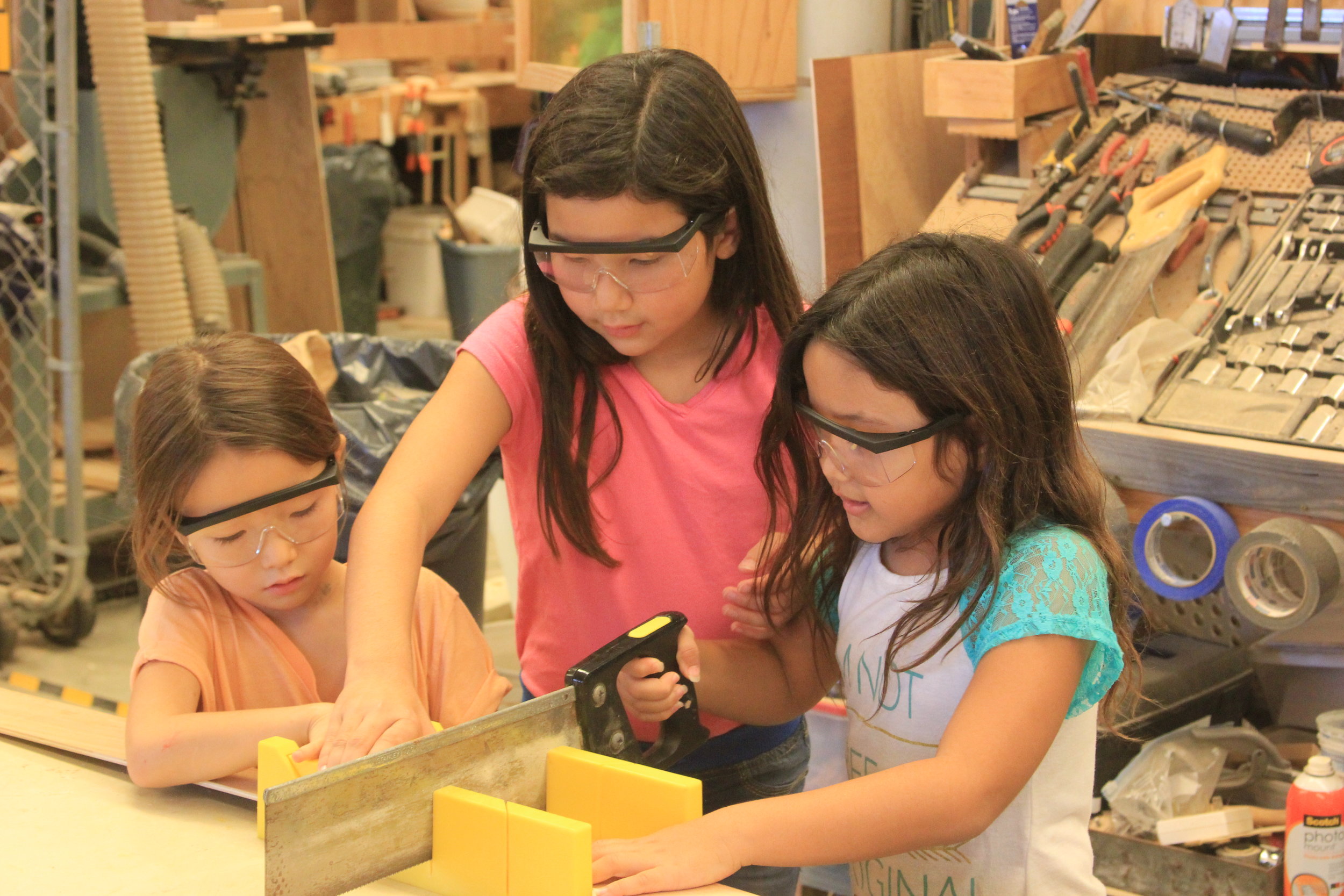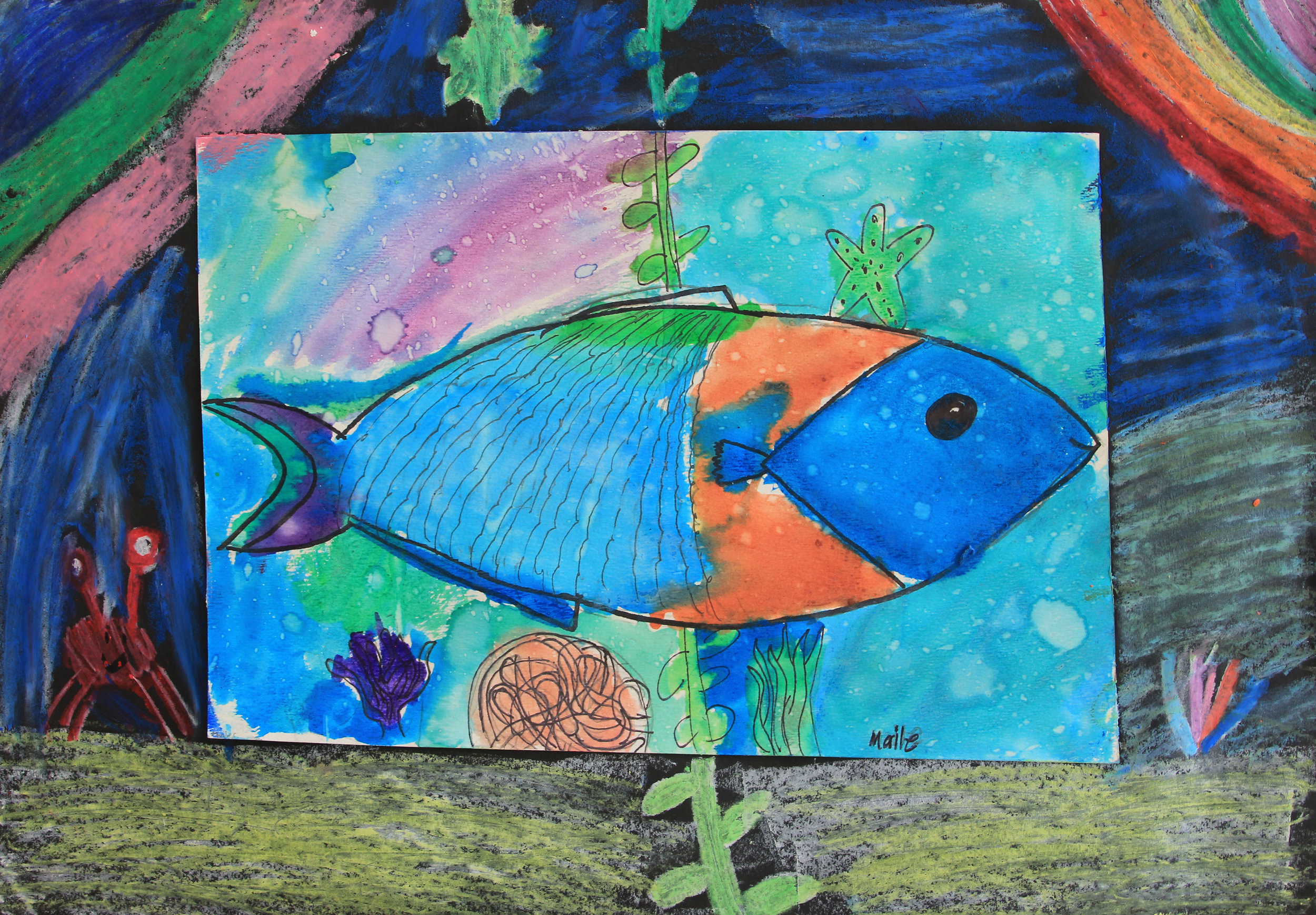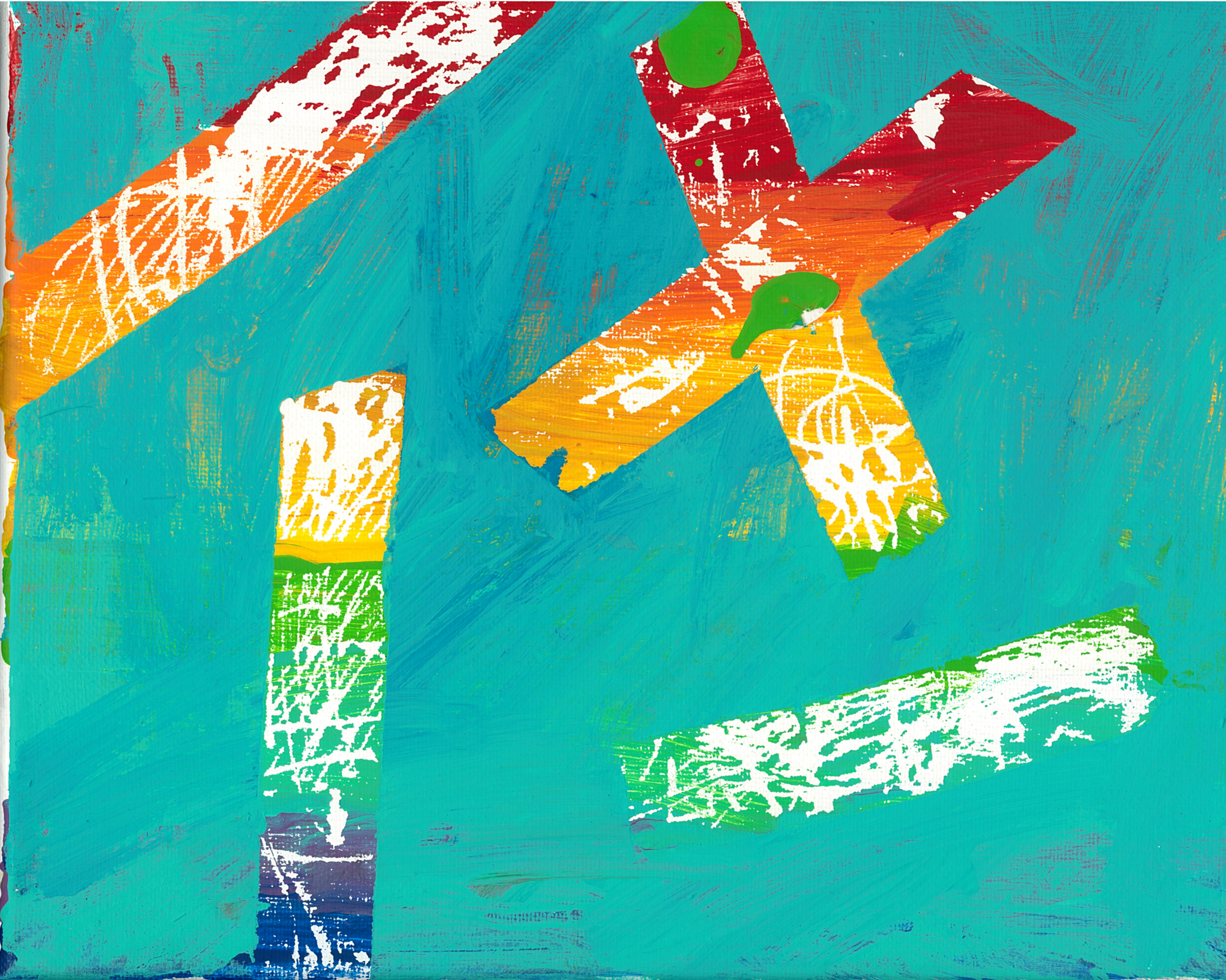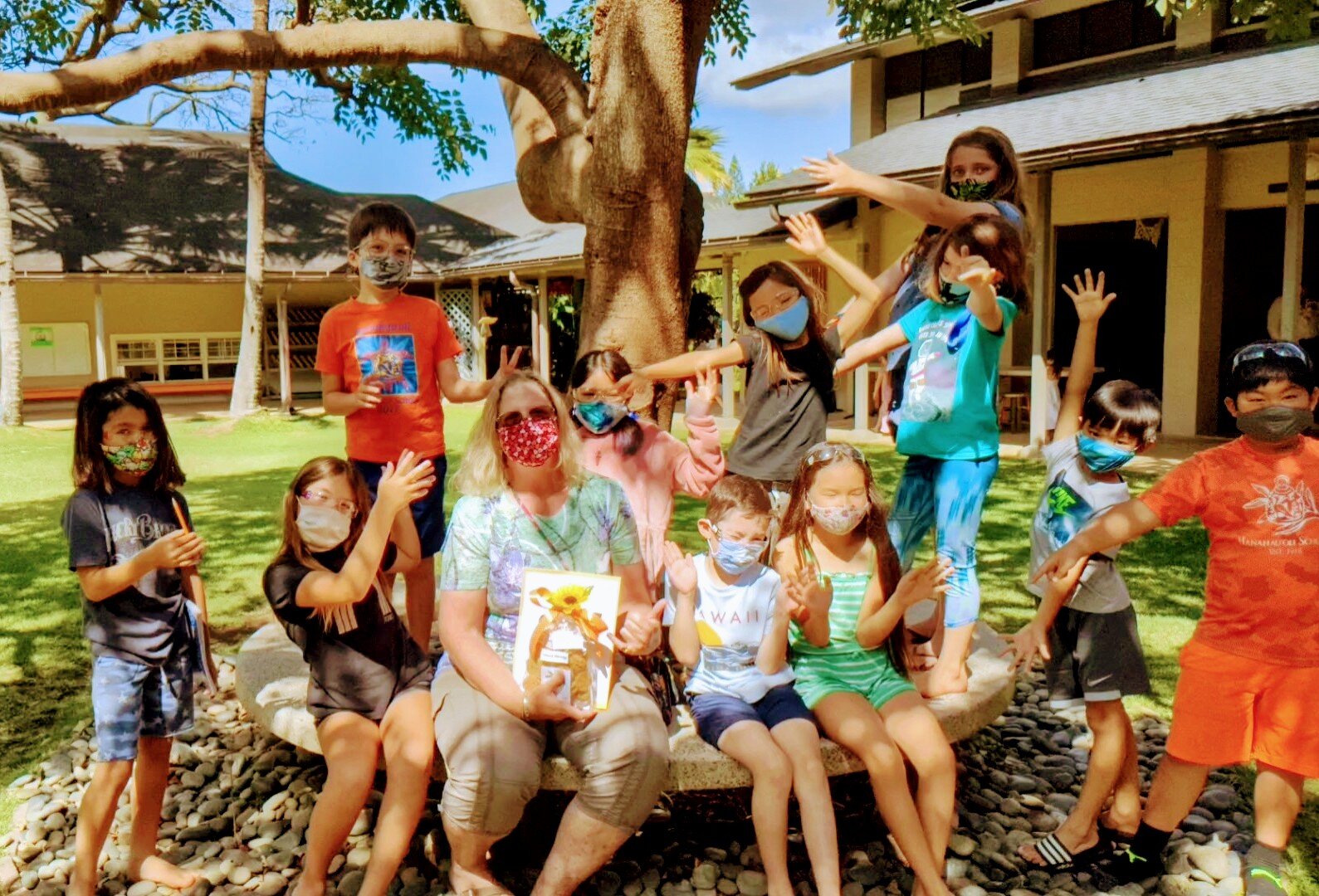Developing Lifelong Learners
The curriculum at Hanahau‘oli School is developmentally appropriate and emphasizes concepts that spiral or progress throughout the curriculum, increasing in complexity from JK to 6th Grade. Science/Social Studies thematic units form the basis of study and help children to address three questions that motivate learning: Who am I? How does the world work? Where and how do I fit in that world? While factual information is valued as a foundation for concept development, it is not the focus for assessing learning. The more traditional academic skills are taught in an integrated fashion when appropriate to lend meaning and relevance and discreetly when needed for mastery. National curriculum standards from each discipline help to define the essential concepts, processes and skills infused throughout the curriculum.
Beliefs about Learning and Teaching
Inquiry and problem-solving form the basis of learning activities
Learning is an active and social endeavor
Children influence learning through prior experiences, interests and questions
Children construct meaning as they interact with their world and the community
Individual learners are responsible for learning and must be taught how to set goals, define evidence of goal achievement and reflect about progress
Continued learning results when children feel competent and a sense of mastery
Appropriate challenge is geared slightly above a child’s current level of development
Appropriate skill development is determined by progress over time based upon developmental benchmarks
Literacy is broadly defined to include language, math, technology and the arts
Concept-Based Curriculum, Instruction and Assessment
Hanahau‘oli’s curriculum is based upon concepts and understandings about how the world works that build upon each other throughout a child’s eight years. These concepts and understandings give meaning to the information and topics studied and purpose for the skills learned. Children are encouraged to identify patterns, make connections and form generalizations about their world which will help them to organize new information as they encounter it. Teachers design units based upon what children already know and what questions they might have, thus teaching children that they can direct their own learning. Instruction focuses on active and engaged learning while assessment is differentiated allowing children many ways to demonstrate what has been learned. Why this emphasis?
Supports the natural way children learn
Presents learning as a part of life
Addresses the growing information explosion
Facilitates developing and organizing a world view
Applies skills to real-world situations
Supports developing “21st Century” skills and understandings
Engages both children and teachers in decision-making
Integration of special subjects and social emotional learning
Special subjects and social-emotional learning are integrated into Hanahau‘oli School’s concept-based thematic units of instruction. Click here to learn more about Special Subjects.
Watch the video below to experience how art and social-emotional learning are integrated across the JK to 6th Grade spiraling curriculum.





